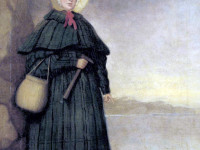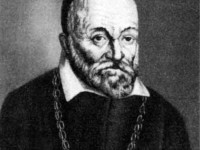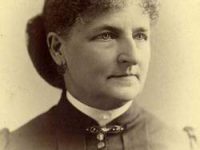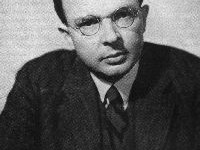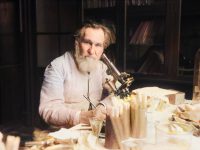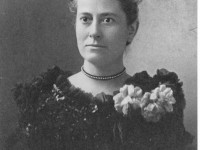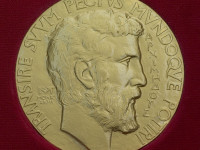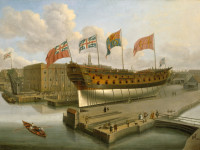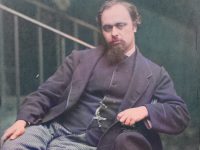She sells Sea Shells by the Sea Shore – Mary Anning and her Marine Fossils
On May 21, 1799, British fossil collector, dealer, and palaeontologist Mary Anning was born. She became known around the world for important finds she made in Jurassic marine fossil beds in the cliffs along the English Channel at Lyme Regis in the county of Dorset in Southwest England. Her work contributed to fundamental changes in scientific thinking about prehistoric life and the history of the Earth. “She sells sea-shells on the sea-shore,…
Read more

